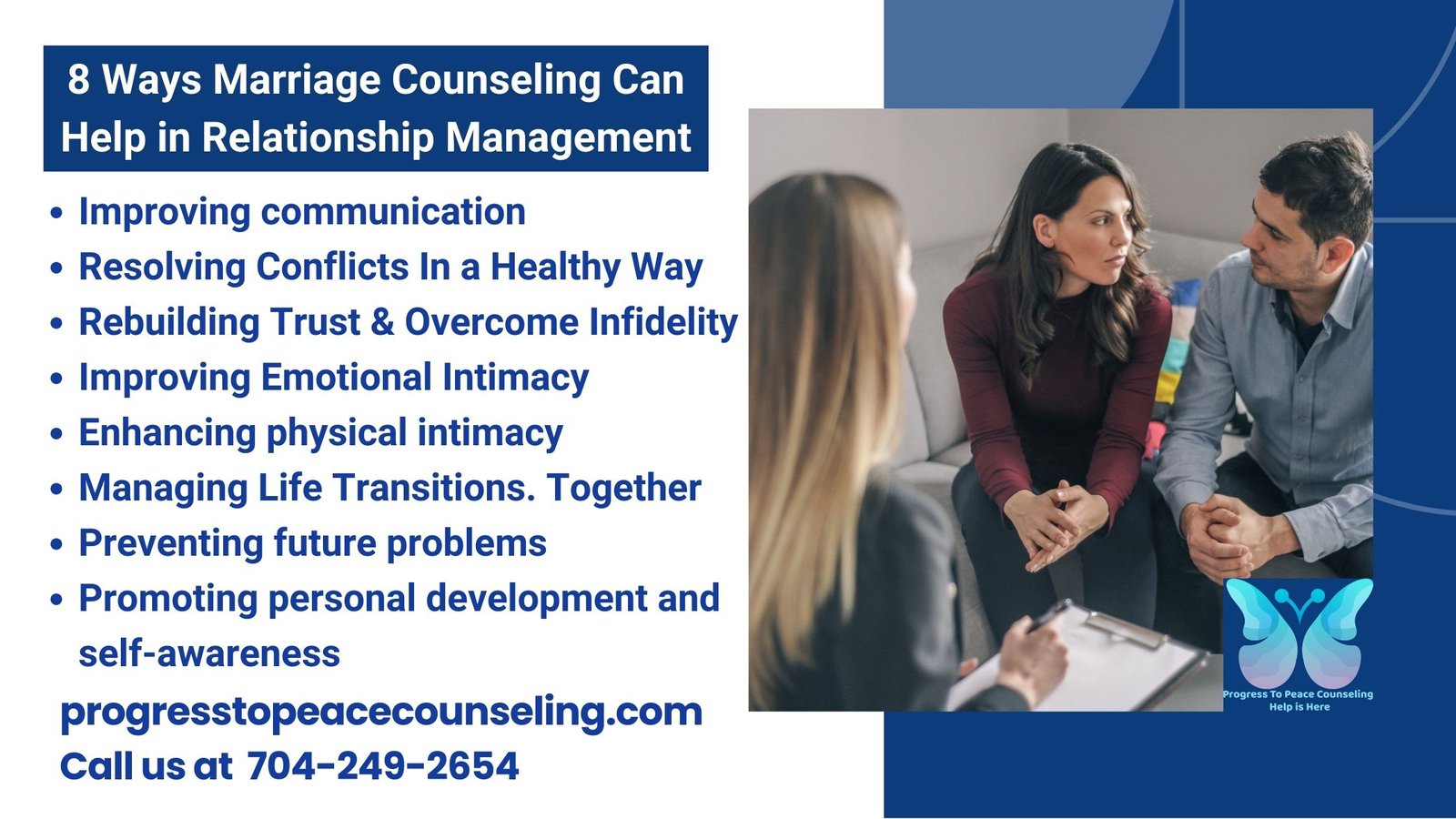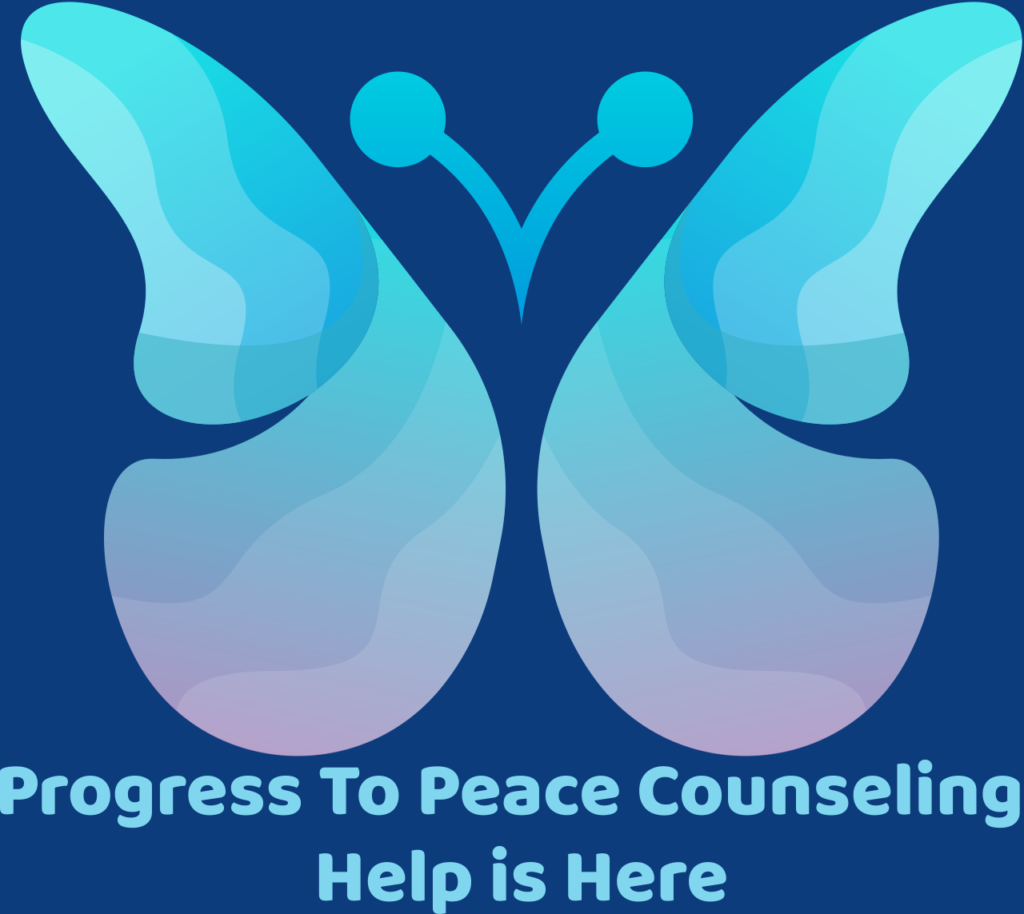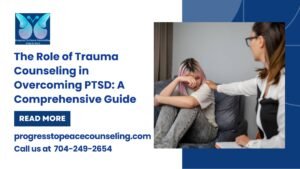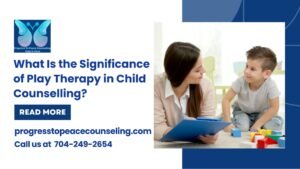Marriage is a lovely adventure full of love, friendship, and progress, but it is not without its problems. Every partnership has ups and downs, misunderstandings, and times of stress. Unresolved disputes might eventually rise to emotions of estrangement, irritation, and even hatred. This is where marriage counseling in Charlotte NC may be an effective instrument for healing and development.
8 Ways Marriage Counseling Can Help in Relationship Management
1. Improving communication
Poor communication is one of the most prevalent concerns between couples. Misunderstandings, preconceptions, and unsolved problems may disrupt discourse, resulting in more frequent disagreements and emotional detachment. Communication challenges might eventually lead to a poisonous atmosphere in which neither partner feels heard or respected.
Marriage counselling may help couples improve their communication skills. Therapists serve as impartial mediators, assisting both spouses in expressing their thoughts in a courteous and productive manner. Counselling sessions offer a secure environment for each couple to express themselves frankly, listen actively, and comprehend each other’s points of view. This improved communication may break down barriers, allowing for more empathy and understanding.
2. Resolving Conflicts In a Healthy Way
Every Marriage will have challenges. Disputes about economics, parenting methods, or home obligations are unavoidable. However, how couples deal with these disputes may make or ruin their relationship. Many couples engage in harmful practices such as blaming, shutting down, or ignoring the topic entirely.
Marriage counselling helps couples resolve disagreements in a healthy manner. It allows couples to work through problems quietly and politely rather than turning to anger, impatience, or avoidance. Therapists often provide tools and methods, such as conflict resolution tactics, active listening exercises, and problem-solving abilities, that may be used to better handle conflicts outside of treatment.
3. Rebuilding Trust and Overcome Infidelity
Infidelity or betrayal may destroy trust, which is the cornerstone of every strong partnership. Recovering from an affair is one of the most difficult problems a marriage can face, and the road to recovery may be daunting without help.
Marriage counselling allows couples to address the hurt, anger, and bewilderment that comes with Infidelity. The therapist assists both parties in identifying the underlying reasons for the affair, such as emotional neglect, unfulfilled needs, or unresolved personal concerns. Counselling, by addressing the underlying problems, may open the road for forgiveness, trust restoration, and, eventually, relationship preservation.
4. Improving Emotional Intimacy
Couples’ emotional connections may deteriorate with time. The early enthusiasm for the connection may wane, leaving feelings of remoteness or neglect. Marriage counselling may help restore the emotional closeness that has been lost.
During therapy sessions, couples are encouraged to discuss their emotional needs, wants, and weaknesses. This approach often includes disclosing worries, anxieties, and prior experiences that may be hurting the relationship. Partners who share their feelings in a secure atmosphere form stronger emotional relationships and feel more connected to one another.
5. Enhancing physical intimacy
In addition to emotional intimacy, many couples have physical intimacy challenges such as mismatched libidos, sexual dissatisfaction, or a lack of physical love. These concerns may cause emotions of irritation, rejection, and insecurity, eventually leading to emotional estrangement.
Marriage counselling gives a nonjudgmental environment in which to address physical intimacy issues freely. A qualified therapist may assist couples in identifying underlying emotional or psychological concerns that may be impacting their sexual connection, such as stress, body image difficulties, or unsolved disputes. By addressing these issues, couples may collaborate to increase their physical closeness and establish a more meaningful sexual relationship.
Counsellors may also provide practical ways for increasing physical intimacy, such as sexual preference communication exercises, intimate time scheduling, and cultivating emotional closeness as a prelude to physical connection.

6. Managing Life Transitions. Together
Major life events, such as childbirth, professional changes, relocation, or the death of a loved one, may all cause stress and strain in a relationship. These changes often include new jobs, duties, and expectations, which may be challenging to negotiate.
Marriage counselling assists couples in navigating life changes by teaching them efficient communication, problem resolution, and emotional support. Couples expecting a kid, for example, may seek counselling to prepare for changes in their marital dynamics and to establish shared parenting duties.
7. Preventing future problems
Marriage counselling is not just for couples in crisis; it may also be used to avoid future difficulties. Many couples seek counselling not because their relationship is on the verge of collapse but because they want to deepen their connection, improve their communication, and prevent future difficulties.
Working with a therapist to identify and address possible difficulties early on may help couples acquire the skills they need to sustain a healthy, meaningful relationship. This might include defining relationship objectives, studying conflict resolution tactics, or just enhancing communication skills. Couples who engage in their relationship via counselling are frequently better prepared to face issues as they emerge.
8. Promoting personal development and self-awareness
Marriage counselling not only strengthens the partnership but also promotes personal development and self-awareness in each spouse. Individuals who go through the therapy process may identify patterns of behaviour, emotional triggers, or unsolved problems from their background that are influencing the relationship.
Therapists assist people in discovering their own needs, values, and aspirations, allowing them to bring their best selves to the relationship. This personal development may have a significant influence on the partnership, as each spouse acquires a better awareness of themselves and their place in the Marriage.
Conclusion
Marriage counselling has the ability to improve relationships by improving communication, resolving disputes, restoring trust, and increasing emotional and physical closeness. Whether you’re dealing with serious issues or just want to deepen your link, counselling via Marriage counseling from Progress to Peace Counselling, may give you the skills and support you need to heal together and establish a happier, more rewarding relationship.
Remember that getting assistance is not a sign of weakness; it is a brave step towards development and healing. Counselling may help you and your spouse regain the love, connection, and commitment that first drew you together. With the help of a qualified therapist, your Marriage may become stronger, more resilient, and more happy than before.














